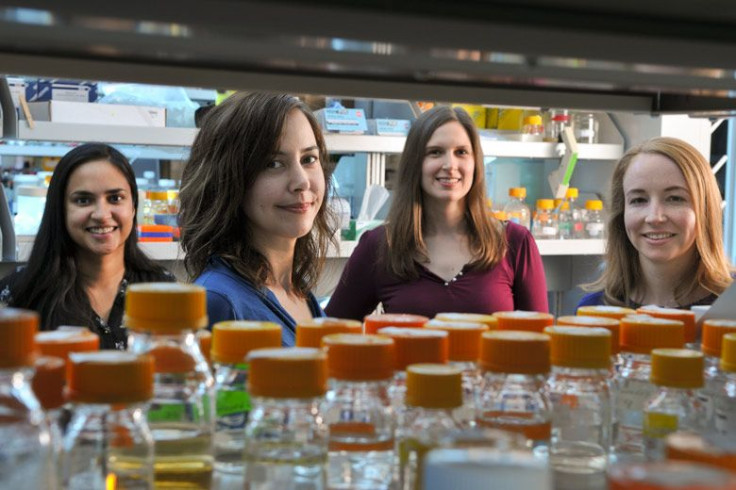Stanford U researchers make narcotics from yeast

Researchers at Stanford University have discovered a method to hack yeast to produce narcotics, particularly cannabidiols and THC, or tetrahydrocannabinol. However, the intention of scientists was not to come up with marijuana-infused beer which is already available in the market, but to develop more clinical applications for the compound.
Gizmondo reports that the pharmaceutical industry has long been seeking an efficient method to synthesise yeast for medicinal research. The Stanford scientists engineered a stain of brewer’s yeast that turns simple sugar into opioid drugs in just three to five days.
In 2014, Stanford associate professor of bioengineering Christina Smolke coaxed yeast to produce thebaine precursors. Thebaine is an opioid molecule that could convert into morphine, oxycodone and heroin. She then hacked 23 genes from plants, bacteria and rats into yeast and then made the microbes manufacture thebaine.
However, experts also published a commentary in the journal Nature that drug regulatory agencies are not prepared to control an emerging bioscience which could work in favour of illegal drug makers.
Under the latest breakthrough, the yeast uses precursor molecules to produce small amounts of chemicals. The challenge is to have a method that works better than the marijuana plant itself. Smolke says the experts’ warnings are over because the new yeast strain she hacked “would need to be 100,000 times as efficient to match the drug yields of opium poppies.”
To make the amount of hydrocodone needed for one Vicodin tablet, about 4,400 gallons of yeast is needed, Smolke explains. It would be easier for people seeking high to just purchase poppy seeds from the grocery and get higher concentrations of hydrocodone.
But the discovery could literally change the lives of millions of people, says Hyasynth Bio CEO Kevin Chen. Smolke says what their team has done is only the start. “The techniques we developed and demonstrate for opioid pain relievers can be adapted to produce many plant-derived compounds to fight cancers, infectious diseases and chronic conditions such as high blood pressure and arthritis,” Smolke adds.
Contact the writer at feedback@ibtimes.com.au or tell us what you think below




















